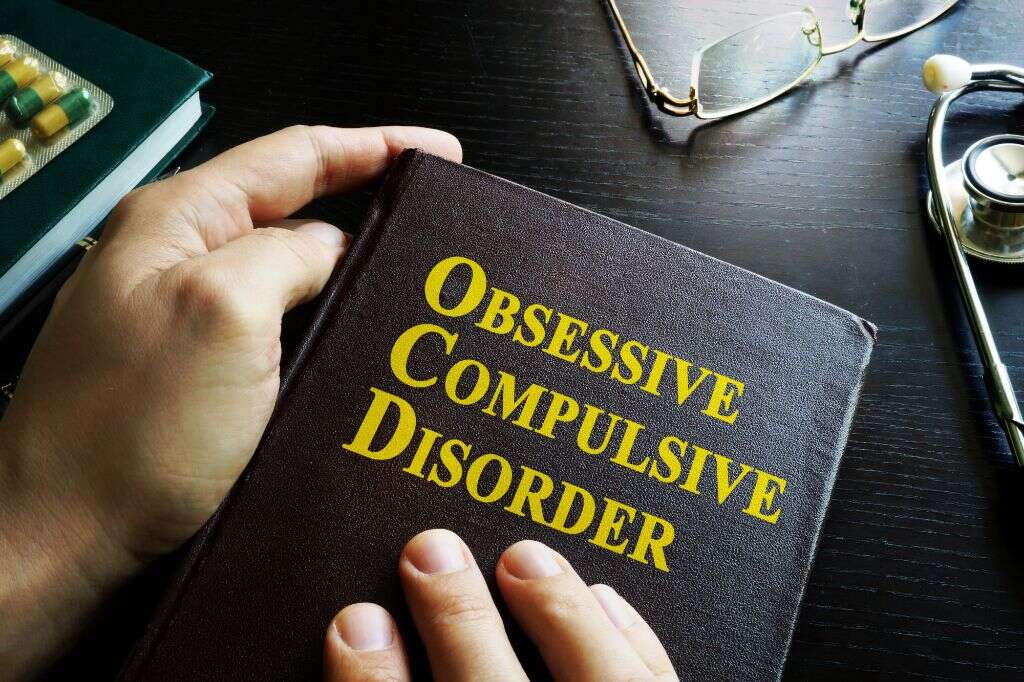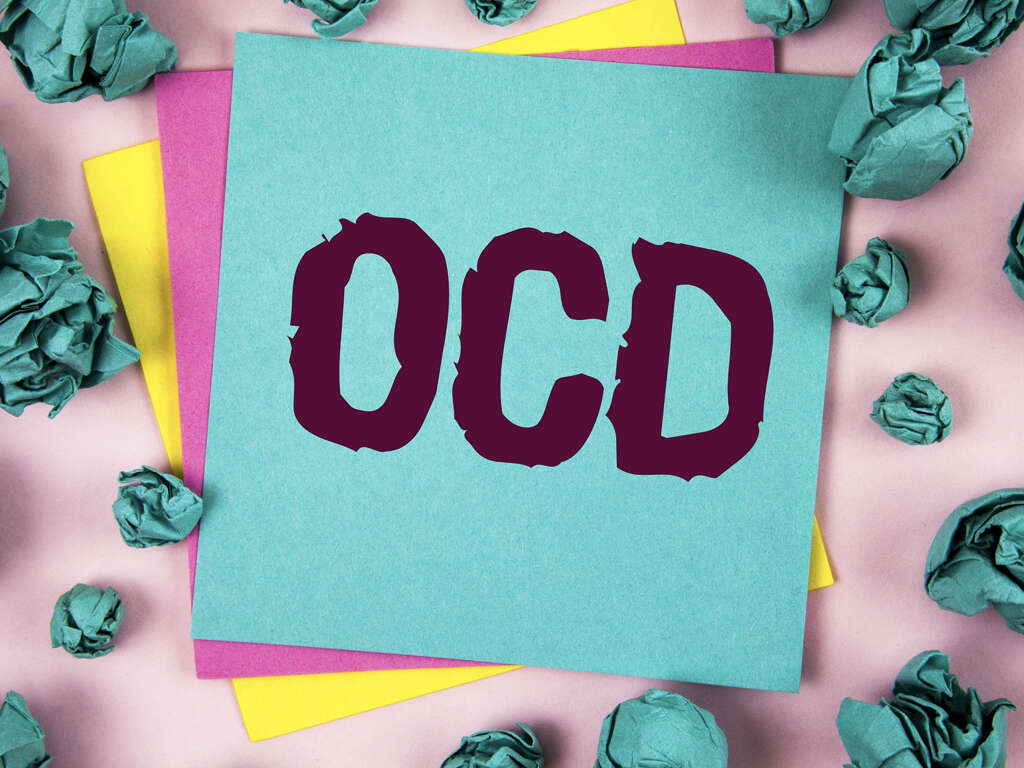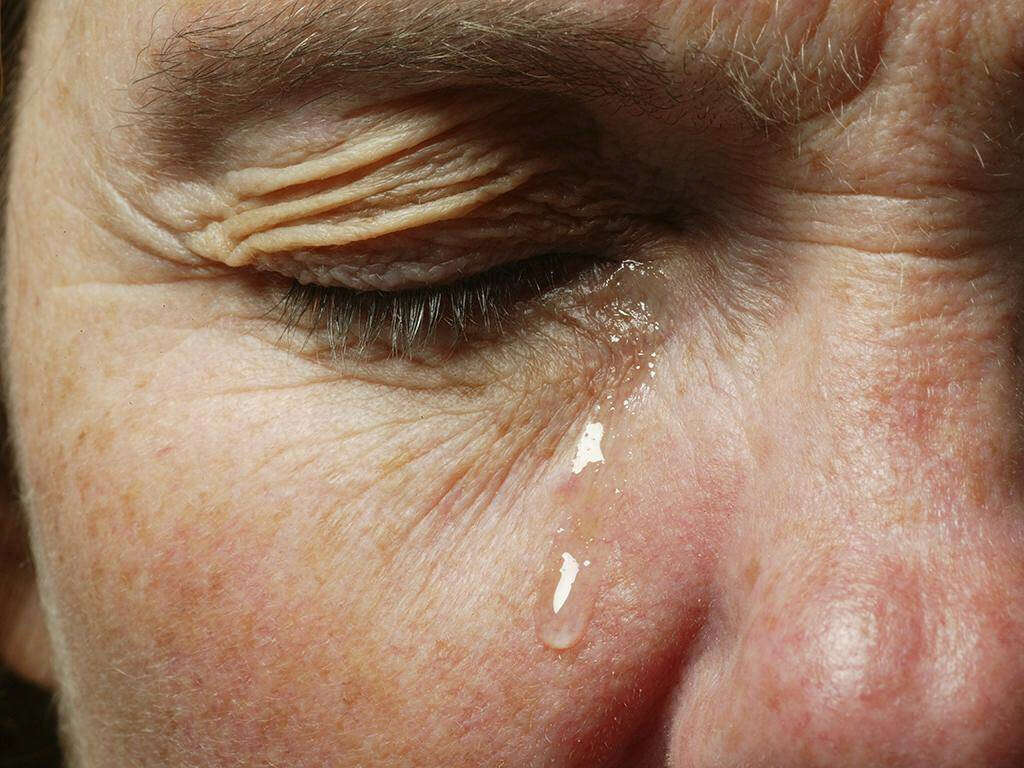What Is Obsessive Compulsive Disorder?
Obsessive-compulsive disorder, or OCD, is a mental health disorder. In fictional depictions, people will often relock doors several times or turn light switches on and off. While these descriptions may be accurate for some people affected with the disorder, OCD appears in people differently, and it can be more or less severe depending on how the issues manifest.
At its core, OCD is an internal communication disorder that affects the way the brain operates. People manifest obsessions and compulsions that can become quite intrusive in their daily lives. It is necessary to get an official diagnosis, as many people may present with certain obsessive or compulsive behaviors without truly being OCD. For example, a sports fan may obsess over wearing a particular hat on game day, but if not wearing it has minimal effects over his personality and decision-making, then it is only a preference, not a compulsion. To truly understand the obsessive-compulsive disorder, it is necessary to define terms and review diagnosis and treatment options.

1. What Are Obsessions and Compulsions?
Obsessions refer to impulses, thoughts or images that occur repeatedly. People may feel that they have absolutely no control over these occurrences, and they feel disturbed by their lack of control. Most patients can rationally understand that the impulses or thoughts do not make sense, but it does not resolve the corresponding fear, doubt or disgust that occurs during an event.
Compulsions refer to repetitive behaviors. These behaviors are a perceived tool of the patients, who feel that performing the repetition or pattern will somehow resolve the obsessive thoughts in their head. While the compulsive behavior may temporarily resolve the obsessions, patients often understand the behaviors are not a solution.

2. What Causes OCD?
While there is no current definitive answer to what causes OCD, researchers do believe that the disorder involves communication problems between the frontal lobe and deeper structures of the brain. The communication between these structures relies on the chemical messenger serotonin. Some studies suggest that with medications that affect serotonin production, OCD patients may experience higher levels of normal thought patterns.
Beyond the chemical imbalance, research suggests a correlation with OCD development and genetics. While genes likely play a role in the chances of developing the illness, some researchers believe that life stressors may instigate its progression.
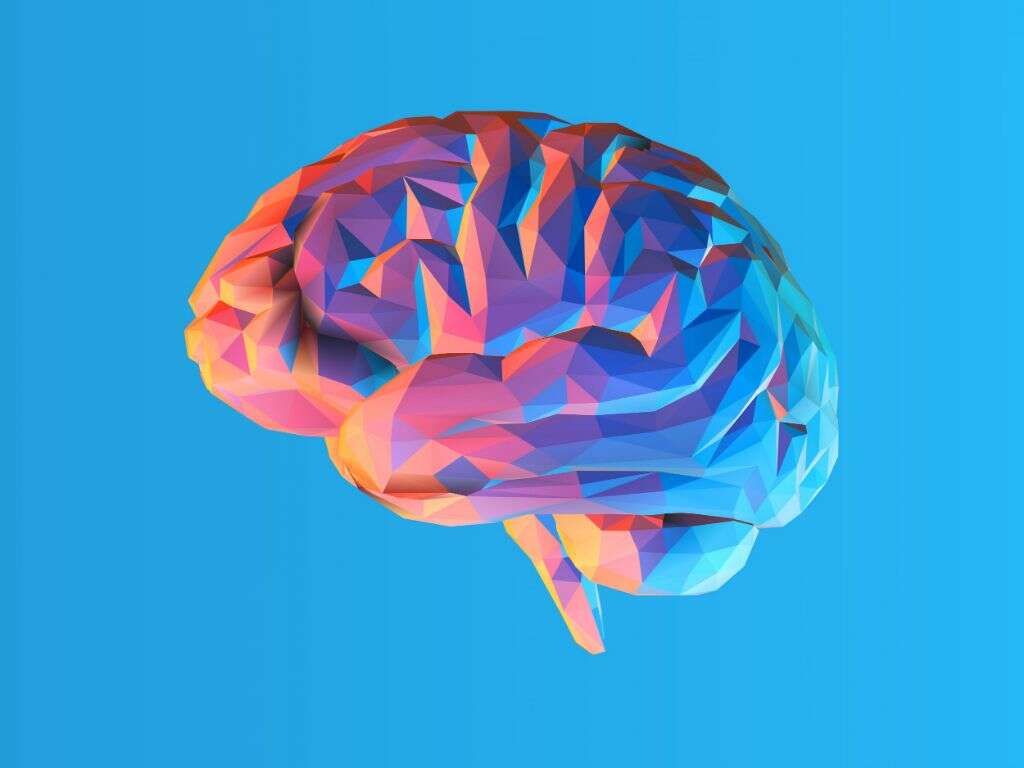
3. How Is OCD Diagnosed?
It is crucial to understand that only a trained therapist is qualified to diagnose OCD. With the advent of the internet, many people have become interested in self-diagnosis, to which OCD patients may be especially susceptible. While phrases like obsession and compulsion may appear in routine conversations, the medical definition is specific and requires professional assessment.
Therapists generally look for three things when diagnosing a patient with obsessive-compulsive disorder. First, they try to define the person’s obsessions, be they visual or auditory. Second, they want to know if the patient has found any compulsive behavior that temporarily mitigates the obsession. Finally, they determine whether the obsessions and compulsions interfere with daily activities.

4. What Are the Treatment Options?
There are two main ways of treating OCD: ERP therapy and medication. ERP stands for exposure and response prevention. The objective of ERP therapy is to expose the patient to the objects, thoughts or images that typically elicit the compulsive response. By working in a controlled setting with a licensed therapist, the patient can work on response prevention by consciously deciding not to take part in the behavior.
A serotonin reuptake inhibitor or SRI is the most common medication used in the treatment of OCD. While often used as antidepressants, these medications have shown great promise in the treatment of OCD patients, especially in combination with ERP.
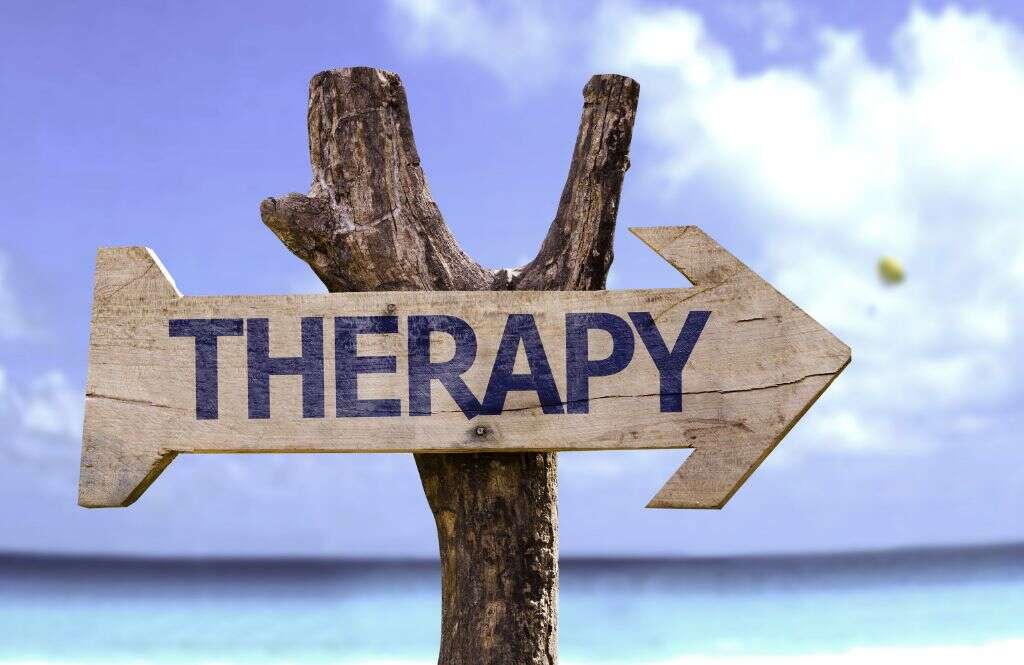
5. Who Is Affected By OCD?
OCD does not discriminate based on age, gender or ethnicity. The disorder can begin at any time from early childhood to adulthood. Current research suggests that this mental health condition affects about one in 100 adults in the U.S.
Beyond the concern for development in adulthood, there are an estimated 500,000 kids in the U.S. with the condition, which is comparable to the number of those with diabetes. If you examine the data further, it suggests that nearly 4 or 5 kids are affected with OCD in every elementary school, and that number increases to about 20 students per high school.

6. How Can Family Members Help Struggling Loved Ones?
People with a loved one who is suffering from a mental health condition often want to help in any way they can. While offering support and an empathetic ear can be beneficial, keep in mind that personal advice is not the same as professional insight.
If you want to help your family member, then try to convince him or her to seek professional guidance from a licensed therapist. However, do not pressure someone into therapy. ERP or other CBT methods work best when a person willingly participates.

7. Is ERP the Same As CBT?
ERP therapy is a form of cognitive-behavioral therapy, but that does not mean that every CBT therapy is effective at treating OCD. Using methods of CBT that do not directly relate to curbing the obsessions and compulsions can be counterproductive.
The best thing an OCD patient can do is discuss treatment options with a licensed therapist, preferably the diagnosing doctor. Any CBT treatment plan should include exposure and response therapy for the best results.

8. Is Talking the Best Medicine?
While talking to friends and family about an OCD diagnosis is encouraged, you may want to save the majority of dialogue for your therapist and doctors. Depending too much on conversations or confessions can become detrimental to a patient as well as to relationships.
While talking about obsessive thoughts or ideas may mitigate the typical compulsive behavior, it is not uncommon for the dialogue to replace the compulsion. Everyone should be encouraged to share their truth, but they should do so in a way that does not interfere with their OCD treatment. Talk to a therapist to find healthy outlets.

9. Is There an Upside?
OCD does not only have to represent a nightmare. True, the compulsive behaviors interfere with everyday living, but did you know that OCD patients characteristically demonstrate inquisitiveness, empathy and creativity?
While you should seek treatment for the disorder, do not let yourself be defined by only the negative attributes of your personality. OCD is a condition, but it does not represent all of you.

10. Will You Get Better?
Some people recover from OCD, but they are rare. Most patients will always experience some form of the disorder, but the symptoms become less severe. Once you know how to manage the condition, it becomes less intrusive, allowing you to live a happy and healthy life.
Obsessive-compulsive disorder is a mental health condition. While there is no definitive cause or cure, you can live with the illness. Contact a licensed therapist for more information.
